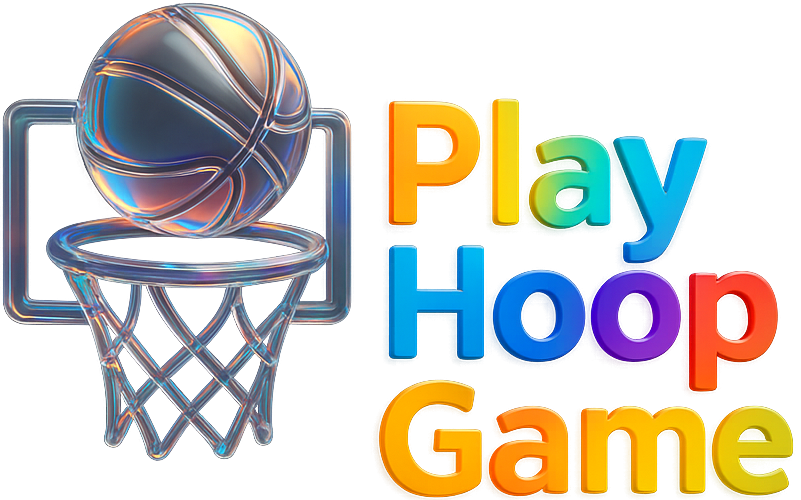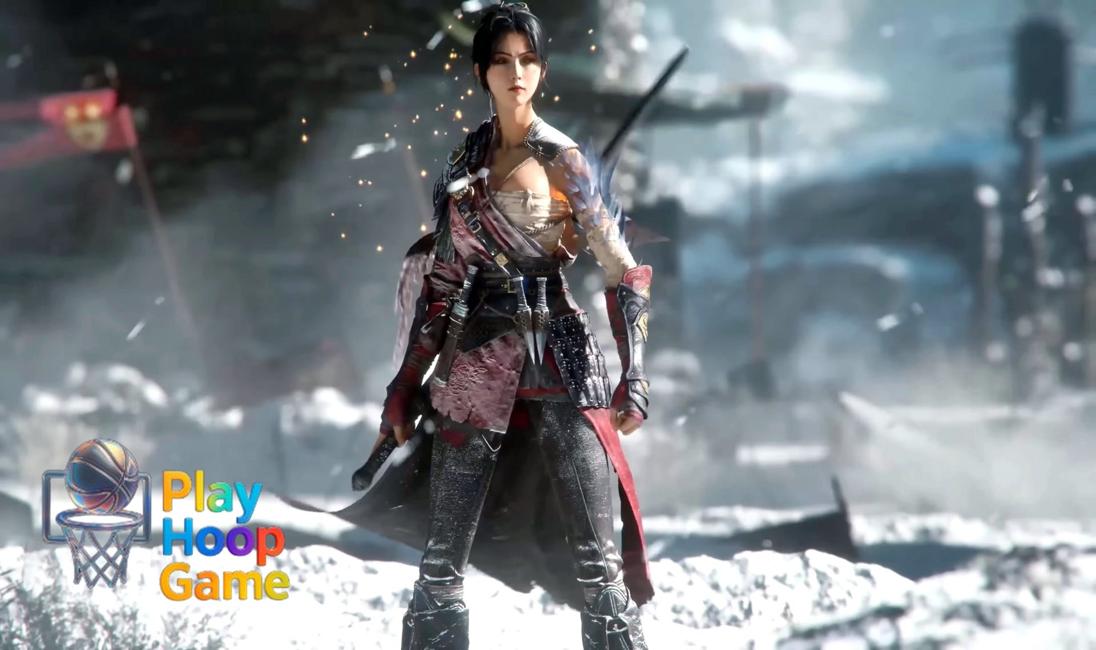There's this little ritual I have. Whenever I get a new physical game, I hold it for a second before tearing off the plastic wrap. I feel the weight. I look at the box art, front and back. Then, I open it and take a deep, deliberate sniff. You know the smell—that weird, specific scent of new plastic, ink, and paper. It’s the smell of potential. The smell of ownership.
It sounds a bit silly, I know. A nostalgic tic from a guy who grew up blowing dust out of Nintendo cartridges. But in 2024, that little ritual feels less like nostalgia and more like an act of defiance. A small, quiet rebellion. And right now, nowhere is that feeling more palpable than in the community for a game called Wuchang: Fallen Feathers.
And boy, is that a whole can of worms.
Why Wuchang: Fallen Feathers Fans Celebrate Owning the Disc
Let’s back up. Wuchang: Fallen Feathers appeared on the scene with a ton of promise. A dark, brutal Soulslike set in the chaotic last years of China's Ming Dynasty, steeped in mythology and body horror. It looked grimy, unsettling, and utterly captivating. The initial trailers showcased a world dripping with a very specific, visceral atmosphere. People like me, who crave unique and unflinching artistic visions, were hooked.
The game launches. The reviews are pretty solid. People are digging the combat, the world-building, the whole vibe. And then it happens. A few weeks post-launch, a mandatory patch rolls out. An "update." And players start noticing... things are different. An enemy design that was particularly grotesque is now toned down. A certain environmental detail, maybe a little too close to the bone historically or culturally, has been scrubbed. Some blood effects are less pronounced. It’s not a complete overhaul, but it’s death by a thousand little cuts.
The game you bought on day one is not the game you are playing today. Unless, of course, you own the disc.
And that’s the rub. That’s the whole point. Suddenly, forums and Reddit threads are filled with people making a very specific declaration: "I’m so glad I bought the physical copy." "Disconnecting my console from the internet until I beat it." "The 1.0 disc is the real version."
This isn't just about a few altered pixels. This is about trust. The frustrating thing about this trend is the silent, retroactive change to a piece of art you paid for. When you buy a digital game, you're not really buying a game; you're buying a license to access a game, a license the publisher can alter at will. It’s a rental you get to keep until they decide you’re renting something slightly different. But that plastic disc? That little 100-gram circle of polycarbonate? That is a tangible object. The code printed on it is static, a snapshot of the developer's original vision, for better or worse. And for many, the Wuchang: Fallen Feathers fans celebrate owning the disc after the controversial update censors the game because that disc represents the preservation of that original vision.
A Story as Old as the Day-One Patch
Let's be real, this is hardly a new phenomenon. We’ve seen it time and again. Sometimes it’s for "performance improvements" that also happen to quietly change character models to be less revealing (looking at you, Stellar Blade discussions). Other times it’s to fix "bugs" that were actually intentional, edgy bits of content. It’s a slippery slope that started the moment consoles connected to the internet.
I remember when a game going "gold" meant it was done. Finished. Cooked. The version stamped onto that disc was the definitive article. Now, "going gold" just means it’s ready for the Day-One patch that will fundamentally change half the game's systems. And while that can be a good thing for fixing game-breaking bugs, it's opened a Pandora's box for post-purchase censorship and artistic revisionism.
What makes the Wuchang situation so interesting is how it galvanizes the argument for physical media in an increasingly all-digital world. For years, the conversation has been about convenience versus ownership. Digital is easy, but you own nothing. Physical takes up space, but it’s yours. It's a debate that, for a lot of people, feels abstract. Like arguing about whether you prefer to play a quick pinball game or a long RPG. It's just a matter of taste.
But this? This makes it concrete. Your friend with the digital version of Wuchang is literally playing a different game than you are. A sanitized version. A compromised version. Your version, the one on the disc, is now an artifact. It's the director's cut, even if the director was later forced to make a different cut.
The Uncensored Disc as the New Collector's Item
And that leads to a whole other fascinating wrinkle. The "Version 1.0" disc is becoming the new chase item for collectors. It's not about sealed copies or rare special editions anymore. It’s about owning the most "authentic" version of a game's code. I've seen it with games like the original release of Dead Space Remake before certain assets were patched, and now we're seeing it with Wuchang.
Think about it. In 10 years, which version will be more sought after? The eternally-patched digital version that might be censored even further down the line? Or the launch-day physical copy that contains the unaltered, raw code from when the developers first called it "finished"? It’s a new frontier for game preservation, and it’s being led not by museums, but by everyday players who just want the thing they actually paid for.
It’s no longer just about having a box on a shelf. It's about having the right data on the disc inside that box. It’s a weirdly thrilling concept, this idea that you’re not just a consumer, but an archivist. You’re holding a piece of history the publisher might rather you forget. While my kids are playing endless runners like the new Subway Surfers port, I'm thinking about how to preserve these digital time capsules.
So yeah, I'll keep smelling my new game cases. I’ll keep valuing that physical object. In an age where our digital lives can be edited without our consent, holding a simple, un-patchable disc feels powerful. It’s a statement. It says, "I own this. This specific version. And you can't change it." And in the case of Wuchang: Fallen Feathers, that’s a victory worth celebrating.
Your Questions About Wuchang and Game Censorship Answered
So, what exactly was censored in Wuchang: Fallen Feathers?
While the developers, Leenzee Games, haven't released an official "list of changes," players have compiled evidence of several tweaks. These mostly revolve around toning down some of the more extreme gore and body horror elements. For instance, certain enemy designs have been made less graphic, and some environmental textures that depicted visceral scenes have been altered or removed. It's not a complete story change, but more of an atmospheric and aesthetic sanitization.
How can I make sure I get the uncensored version of a game?
The only surefire way is to buy a physical copy, specifically a launch-day printing (usually identifiable by the product code on the disc). Then, to play it in its original 1.0 state, you'd need to install it on your console while it's completely disconnected from the internet. This prevents the console from automatically downloading the day-one patch or any subsequent updates that might contain the censored material.
Isn't this just a bug fix? Why are people so upset?
That's a common misconception. While patches often do fix bugs, the changes in Wuchang: Fallen Feathers are clearly artistic and content-related, not technical fixes. People are upset because it feels like a bait-and-switch. They bought a game based on its advertised dark and gritty tone, and the developer changed that tone after taking their money. It's about the principle of artistic integrity and consumer trust.
Why do developers even censor their games after release?
There are a few potential reasons. It could be pressure from ratings boards (like the ESRB or PEGI) to secure a different rating in certain regions, which opens up a wider market. Sometimes, it’s a reaction to public feedback or to avoid controversy in a specific country with stricter content laws. The decision is almost always commercial or political, rather than a purely creative one.
Will my disc version of the game be forced to update?
Not if you don't let it! As long as your console is offline when you play, it will run the version of the game that's on the disc. If you connect to the internet while the game is installed, your console will likely prompt you to download the latest update. You can usually decline this, but it might lock you out of online features (if the game has any).
Ultimately, the whole affair is a messy, fascinating testament to the strange world we live in. We hunt for digital authenticity by buying physical objects. We disconnect from the global network to preserve a single file. It's all a bit backwards, isn't it? But it's also a fight for something that matters: the right to own the art we love, exactly as it was made, not as some committee decided it should be. If you're looking for an adventure game that truly respects its own vision, you might now have to look for the one with the dusty, un-patched disc.

























